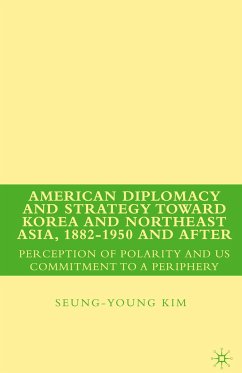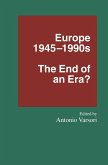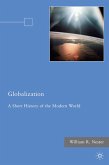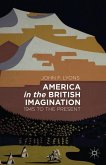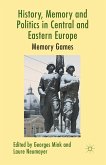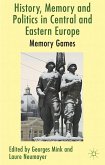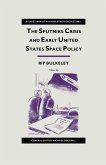"This book is the best overview to date of U.S.-Korea relations from their inception in the Treaty of 1882 to the U.S. decision to join the Korean War in 1950. The author offers an original account of the postwar American diplomacy that led to the division of Korea and the outbreak of the Korean War. Well balanced between historical documentation and international relations theory, this book is an essential reference for those who study modern Korea from any disciplinary angle as well as for scholars of U.S. diplomacy in East Asia." - Yumi Moon, Assistant Professor in Modern Korean History, Stanford University
"American Diplomacy and Northeast Asia, 1882-1950 and After addresses an important subject for both historians and political scientists. Seung-young Kim examines the evolution and the sources of America's changing commitment to the Korean Peninsula. It combines extensive research into South Korean and U.S. archival materials with a sophisticated theoretical analysis to explain the importance of U.S. perceptions of changes in the polarity of Northeast Asian great power politics for the development of U.S. policy. Students and scholars will all benefit from Kim's contribution to the scholarship on Northeast Asian international politics and U.S. policy toward the Korean Peninsula." - Robert Ross, Professor of Political Science, Boston College, Associate, John King Fairbank Center for East Asian Research, Harvard University, and Senior Advisor, Security StudiesProgram, Massachusetts Institute of Technology
"Seung-young Kim. . . contends that few prior studies attempt to identify 'recurring patterns in the history of US commitment toward Korea." US pursuit of strategic interests, his main thesis holds, governed its Korea policy, rather than democracy or economic gain, providing a perfect example of the US approach 'toward a periphery'. . . Extensive research both in primary and secondary sources many in the Korean language constitutes a major strength of this study." - Pacific Affairs
"American Diplomacy and Northeast Asia, 1882-1950 and After addresses an important subject for both historians and political scientists. Seung-young Kim examines the evolution and the sources of America's changing commitment to the Korean Peninsula. It combines extensive research into South Korean and U.S. archival materials with a sophisticated theoretical analysis to explain the importance of U.S. perceptions of changes in the polarity of Northeast Asian great power politics for the development of U.S. policy. Students and scholars will all benefit from Kim's contribution to the scholarship on Northeast Asian international politics and U.S. policy toward the Korean Peninsula." - Robert Ross, Professor of Political Science, Boston College, Associate, John King Fairbank Center for East Asian Research, Harvard University, and Senior Advisor, Security StudiesProgram, Massachusetts Institute of Technology
"Seung-young Kim. . . contends that few prior studies attempt to identify 'recurring patterns in the history of US commitment toward Korea." US pursuit of strategic interests, his main thesis holds, governed its Korea policy, rather than democracy or economic gain, providing a perfect example of the US approach 'toward a periphery'. . . Extensive research both in primary and secondary sources many in the Korean language constitutes a major strength of this study." - Pacific Affairs

